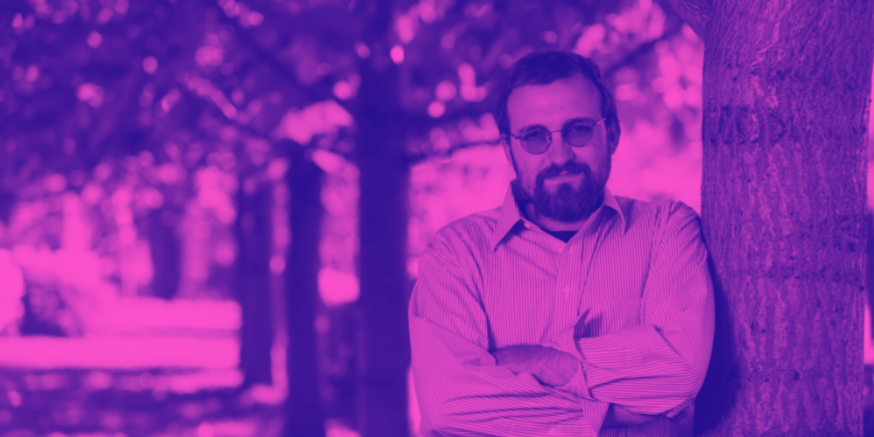TLDRs;
- Charles Hoskinson visits Seoul to discuss blockchain and AI collaboration with South Korean tech leaders.
- South Korea’s ₩100 trillion AI fund aims to position the country as a global technology hub.
- New regulations like the Digital Asset Basic Act and User Protection Act strengthen crypto market transparency.
- Experts urge inclusion of blockchain in Korea’s AI strategy to harness the full benefits of decentralized innovation.
Cardano co-founder Charles Hoskinson, also CEO of blockchain engineering firm Input Output Global (IOG), has turned his attention to South Korea’s rapidly growing artificial intelligence (AI) and blockchain sectors.
During a recent visit to Seoul, Hoskinson engaged with local technology leaders and policymakers to explore how decentralized systems and AI could jointly drive the next wave of industrial transformation in Asia.
His visit comes as South Korea commits ₩100 trillion (US$70 billion) toward a national AI initiative aimed at positioning the country as a global leader in high-tech manufacturing, smart factories, and digital innovation. Hoskinson praised the initiative as “visionary,” emphasizing that blockchain technology could play a critical role in enhancing transparency, trust, and operational efficiency across Korea’s major industries.
Blockchain Meets Artificial Intelligence
Hoskinson highlighted the untapped potential between blockchain and AI convergence, arguing that decentralized data systems can improve model accuracy while protecting privacy and security. He cited examples in manufacturing and supply chain management, where blockchain can authenticate data sources feeding into AI systems.
“Blockchain can give AI models a verifiable foundation of truth,” he said during a closed-door roundtable with Korean entrepreneurs. “When you merge AI’s learning power with blockchain’s integrity, you get a digital ecosystem that is both smart and honest.”
Hoskinson also pointed to Samsung’s early adoption of blockchain technology, most notably, the inclusion of crypto wallets in Galaxy smartphones, as a marker of Korea’s openness to digital innovation. He noted that this level of integration represents a practical use case for everyday consumers and could serve as a blueprint for global adoption.
Korea’s Regulatory Landscape Matures
South Korea’s digital asset sector, long known for its intense retail participation, is now backed by a maturing regulatory framework. Hoskinson commended the implementation of the Virtual Asset User Protection Act (July 2024) and the recent passage of the Digital Asset Basic Act (DABA) (June 2025).
These twin regulations are expected to create legal clarity for exchanges, stablecoin issuers, and digital asset custodians. Under DABA, virtual asset service providers are required to maintain adequate reserves, undergo regular audits, and report key transactions to the Korea Financial Intelligence Unit.
This evolving landscape has opened doors for regtech companies specializing in compliance automation, Know Your Transaction (KYT) monitoring, and blockchain audit solutions. Hoskinson remarked that such infrastructure will be essential to sustaining trust in the Korean crypto market, which is dominated by four exchanges controlling nearly 90% of total trading volume.
Blockchain’s Place in Korea’s AI Strategy
Despite Korea’s massive investment, industry analysts note that the AI Innovation Fund still lacks clarity regarding blockchain eligibility. The ₩100 trillion program splits into two main tracks, AI and advanced manufacturing, with risk-sharing between public and private investors. However, blockchain-based AI models and decentralized data systems are yet to receive formal recognition within the initiative’s funding scope.
Policy experts urge the national AI committee, chaired by the president, to ensure that blockchain remains part of Korea’s broader technology roadmap. Without this inclusion, they warn, the synergy between AI and decentralized systems may remain untapped, limiting Korea’s competitive edge in emerging tech fields.
Hoskinson expressed optimism nonetheless, stating that innovation often outpaces regulation: “Korea’s commitment to AI is monumental, and blockchain will inevitably find its place within that ecosystem.”







